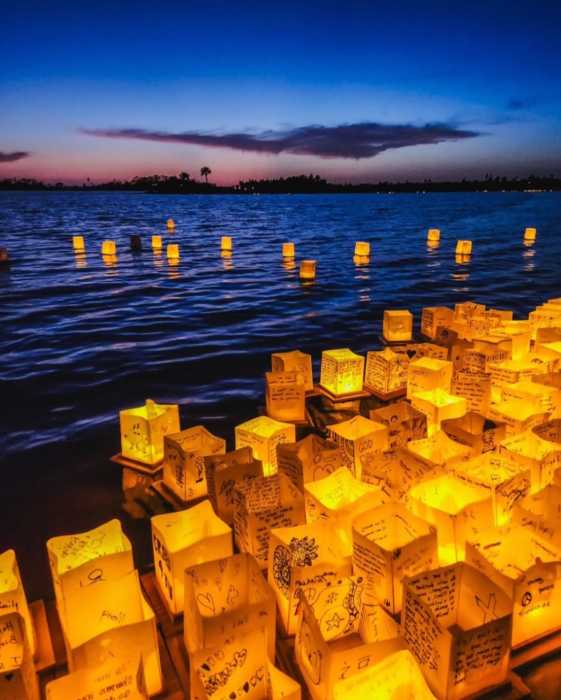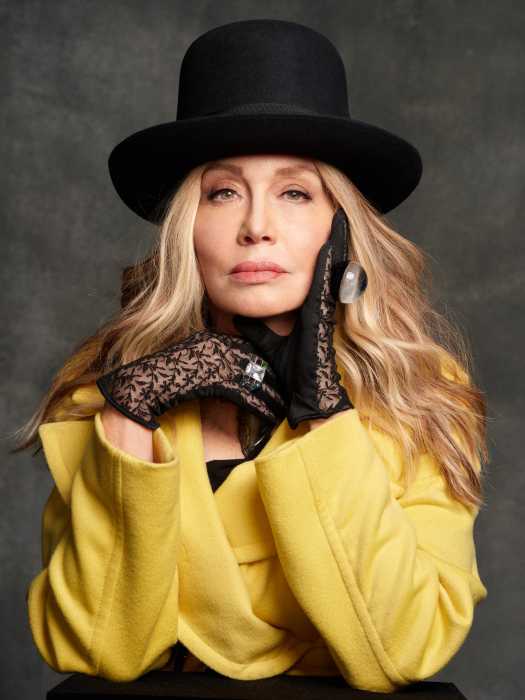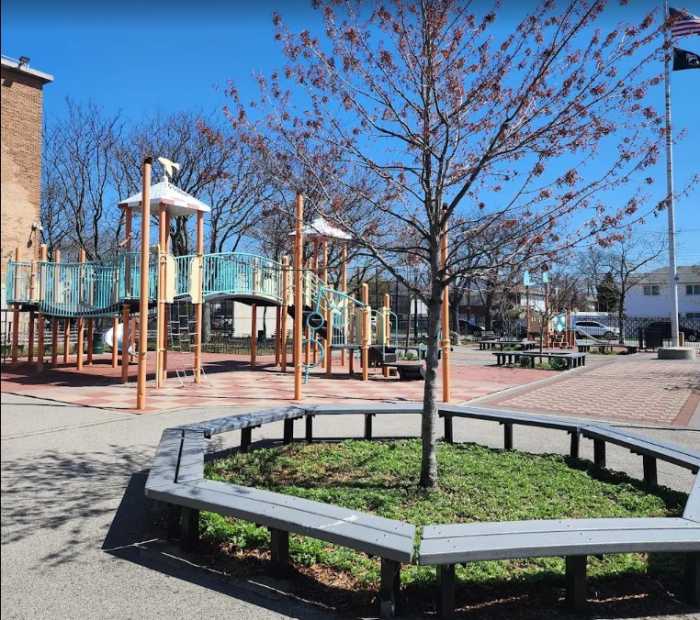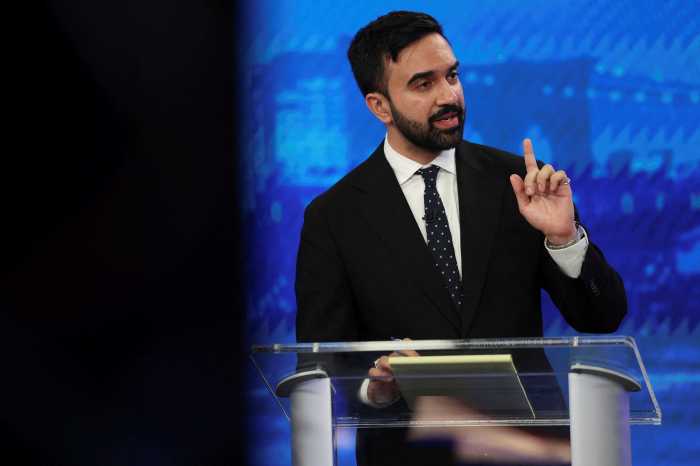By Chris Fuchs
In 1998, nearly 17,000 crimes committed in New York state involved the use of a gun. That same year, 927 people were murdered statewide – more than half with a gun.
Those stark facts, combined with a mission to make state and federal gun laws more stringent, spawned a movement last year called the Million Mom March, which has over 230 chapters nationwide, including one in Queens.
As its nearly 800,000 members took part in rallies throughout the country this Mother’s Day, including one in Washington, D.C., about 50 people from the Queens chapter assembled in Flushing Meadows Corona Park, where elected officials arrived throughout the day to discuss gun violence.
Chartered in March, the Queens chapter of the Million Mom March has about 80 members, said Lois McGuinness, the vice president. This chapter, along with the others, was an outgrowth of a larger movement begun last year, in which hundreds of thousands of mothers marched in Washington, supporting tougher local and federal gun laws.
Joan Gold, a Little Neck mother, began looking for willing volunteers throughout the borough to travel to last year’s Mother’s Day march on Washington, D.C. Gold went on to lead the formation of the Queens chapter of the Million Mom March Foundation this year, became its president in March and helped to organize the Flushing Meadows event.
While the elected officials conceded that New York needs tighter guidelines for the purchasing of rifles and shotguns, they also pointed out that a great number of guns are trucked in by people who buy them at shows in states that require no background check.
“The overall goal is not to impede the legitimate rights of gun owners,” said U.S. Sen. Charles Schumer (D-N.Y.) in an interview. Although New York requires guns to be licensed and registered, he said, many circumvent that law by purchasing them in places like South Carolina that do not require background checks.
It was unclear how many people are killed each year in New York City as a result of guns. But in 1998, nearly 540 out of 927 murders were attributed to guns, said U.S. Rep. Carolyn Maloney (D-Astoria). And in 1999, two-thirds of guns used in crimes in New York were brought from out of state.
A telling example, pointed out by state Sen. Daniel Hevesi (D-Forest Hills), was the gun used in the Wendy’s massacre in Flushing last spring. The weapon was stolen from a woman in Ohio, brought to Long Island and then into the city.
Licensing and registry, the officials said, thus can aid in tracing the steps a gun may take should it be lost or stolen. In fact, in November it became mandatory that gun owners report a weapon stolen to police within 24 hours or face a violation and fine of $100. But the state went one step further last May: it passed legislation requiring that every handgun be fired once before it is sold to a dealer.
Once fired, a handgun engraves a unique set of grooves into the bullet, which is scanned into a computer database and kept on file with the state. Should the gun be used in a crime, the police could match the bullet to the gun and then to the owner.
This provision as well as others, including requiring mandatory child safety locks, raising the age from 18 to 21 to purchase a handgun and banning assault weapons, was signed into law by the governor in last August. Although elected officials said Sunday state legislation does much to stem gun violence in New York, there is no comparable federal legislation to prevent guns from being imported from states with lax laws. And therein lies the problem.
In 1999, four out of every five guns used in a crime in New York City came from out of state. Indeed, most of these weapons were traced back to Virginia, Florida, Georgia and South Carolina, states where background checks are not required, according to a congressional report.
“The gun show loophole is so big that thousands of criminals who would be turned down at licensed gun stores can simply go to a show and pick up the gun of their choice,” said Maloney, the congresswoman.
With the passage of the Brady Law in 1993, anyone who purchases a gun from a federally licensed firearm dealer must first be given a background check. Between 1994 and 1999, nearly 22 million checks were performed, resulting in the denial of more than 530,000 people who sought purchases, she said. But the law only applies to federally licensed dealers.
“Given the success of the Brady Bill, I am completely mystified that so many of my colleagues in Congress refuse to support mandatory background checks for gun purchases at gun shows,” Maloney said.
Reach reporter Chris Fuchs by e-mail at Timesledgr@aol.com or call 229-0300, Ext. 156.




































